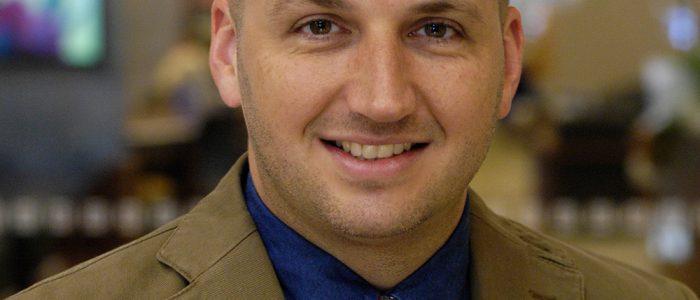
Adam Schrum
10-27-21
Research Emphasis Our laboratory is focused on physiologic signaling networks and how they function in molecular and cellular immunity. A main goal is to increase understanding of how T cells of the immune system decide whether to destroy or tolerate healthy, infected or cancerous tissue, with an eye toward...
Read More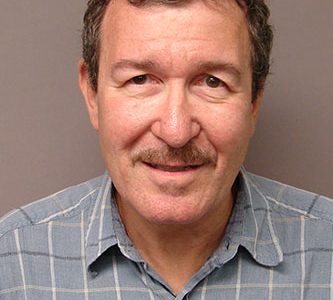
Gary Weisman
06-24-20
Research interest Nucleotide receptors and signaling in inflammation, cardiovascular and autoimmune exocrine disease. Research description Nucleotide receptors (P2 receptors) are present in nearly all cells and tissues where they mediate diverse functions including the regulation of platelet aggregation, muscle contraction, neurotransmission, insulin secretion, epithelial ion transport, wound healing and...
Read More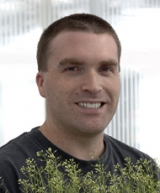
Mannie Liscum
12-16-19
Research interest The Liscum lab employs the Arabidopsis plant as a model to study how plants alter their growth and development in response to subtle and rapid environmental changes. Primarily Liscum studies the molecular mechanisms of phototropism, or how plants grow toward or away from directional light. The lab’s...
Read More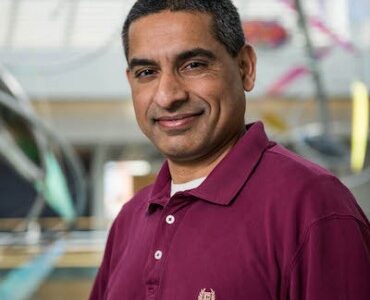
Anand Chandrasekhar
12-16-19
Research Interest Researching with mice and zebrafish, he studies mechanisms involved in the development of the nervous system. He is particularly interested in the development of cranial motor neurons, which are groups of cells controlling the movement of various muscles in the vertebrate head such as the eyes and the...
Read More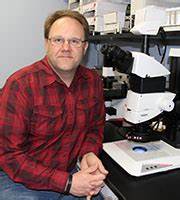
James M. Amos-Landgraf
11-15-19
Research Emphasis: Our laboratory studies human colon cancer through the use of animal models. Using genetically engineered models of colon cancer in the mouse rat and pig, we are better able to understand the molecular genetic events that influence the initiation and progression of cancer. To help us understand human...
Read More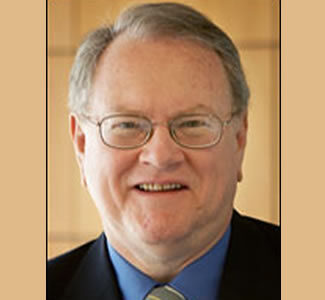
Gary Stacey
11-15-19
Education B.S., Biology, Bowling Green State University Ph.D., Microbiology, University of Texas, Austin Research Description Host-microbe interactions The Soybean-Bradyrhizorium japonicum symbiosis: A major focus of research in the Stacey lab is the symbiosis between the bacterium B.japonicum and its host plant, soybean. The result of this interaction is the establishment of a novel...
Read More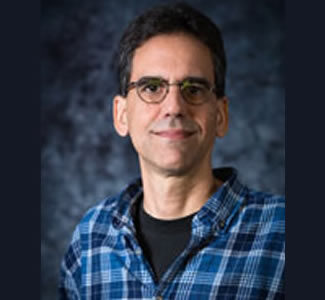
Walter Gassmann
11-15-19
Education M.S., Biochemistry, Swiss Federal Institute of Technology, Switzerland Ph.D., Biology, University of California, San Diego Research Description Plants are continuously exposed to potential pathogens, yet most plants are resistant to most pathogens. Plants have evolved a surveillance system with similarities to the innate immune system of animals that...
Read More
John Cannon
11-15-19
Fields of Interest: Signal transduction Molecular genetics Protein molecular dynamics Education: B.S. 1978, University of Illinois-Urbana Ph.D. 1983, University of Wisconsin-Madison Post-doc 1987, University of Pennsylvania Research Statement Protein phosphorylation is a well-studied post-translational modification that regulates many aspects of protein function. Dr. Cannon uses a combination of powerful...
Read More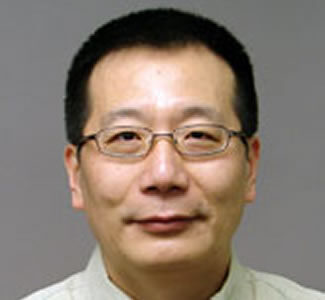
Shuqun Zhang
11-15-19
Educational background Degree School Location Major BS Nanjing University China Biology PhD University of Texas Austin, Texas Plant Biology Notable honors and service CAREER Award, National Science Foundation (2002) Research description Research description: Protein phosphorylation and dephosphorylation play important signaling roles in plant response to environmental stimuli. Extensive recent...
Read More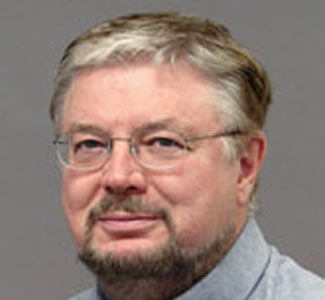
Dennis B. Lubahn
11-15-19
Educational background Degree School Location Major BS University of South Florida Tampa, Fla. Clinical Chemistry PhD Duke University Durham, N.C. Biochemistry Notable honors and service Director, MU Center for Botanical Interaction Studies Director, MU Center for Phytonutrient and Phytochemical Studies Pew Scholar in Biomedical Sciences, 1989-92 Research description I...
Read More